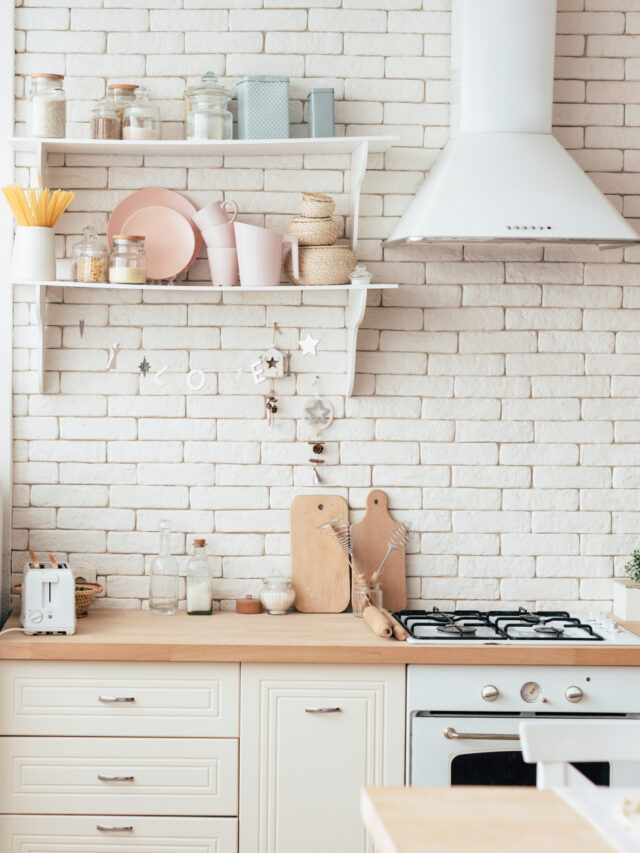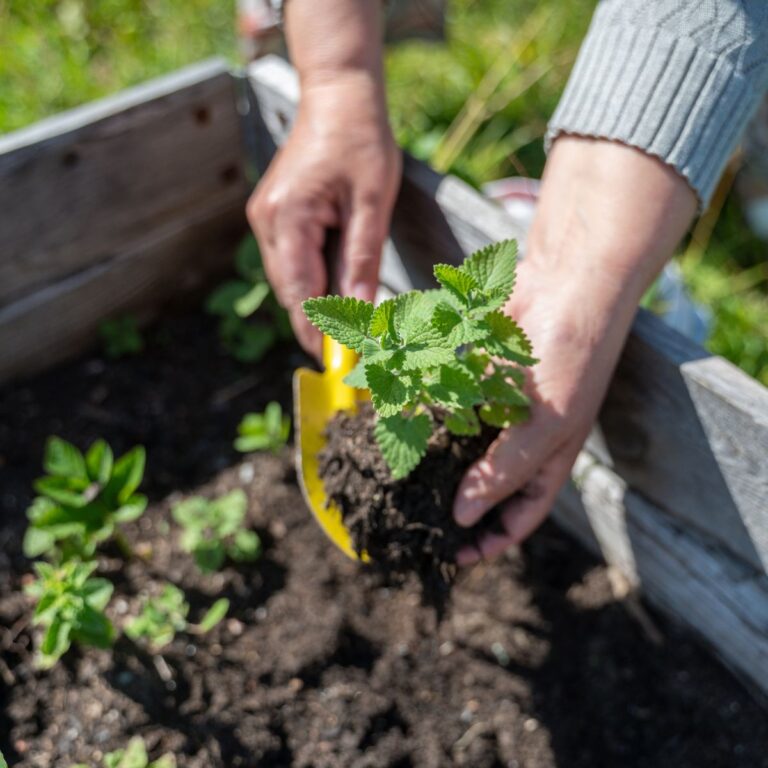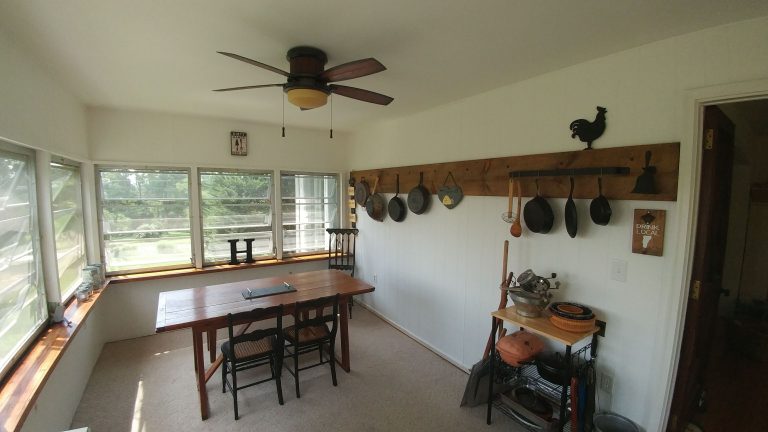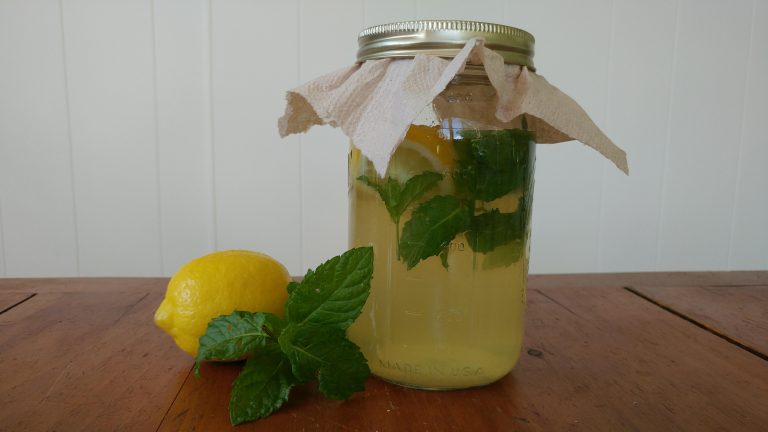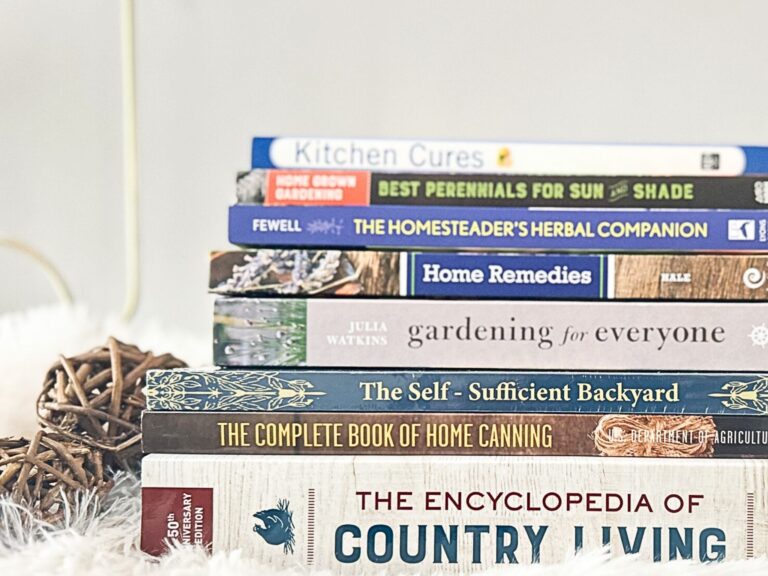This post may contain affiliate links.
Are you wondering how to legally and safely sell food you make in your home kitchen? Depending on the scale of your production, you may fall under cottage food laws in your state.
Cottage food laws allow you to bake and produce certain types of food from home, and sell on a small scale, without needing a commercial kitchen license. These laws often apply to bakers and individuals who sell canned goods and preserves.
In this article, we will discuss cottage food laws, and whether they might apply to you.
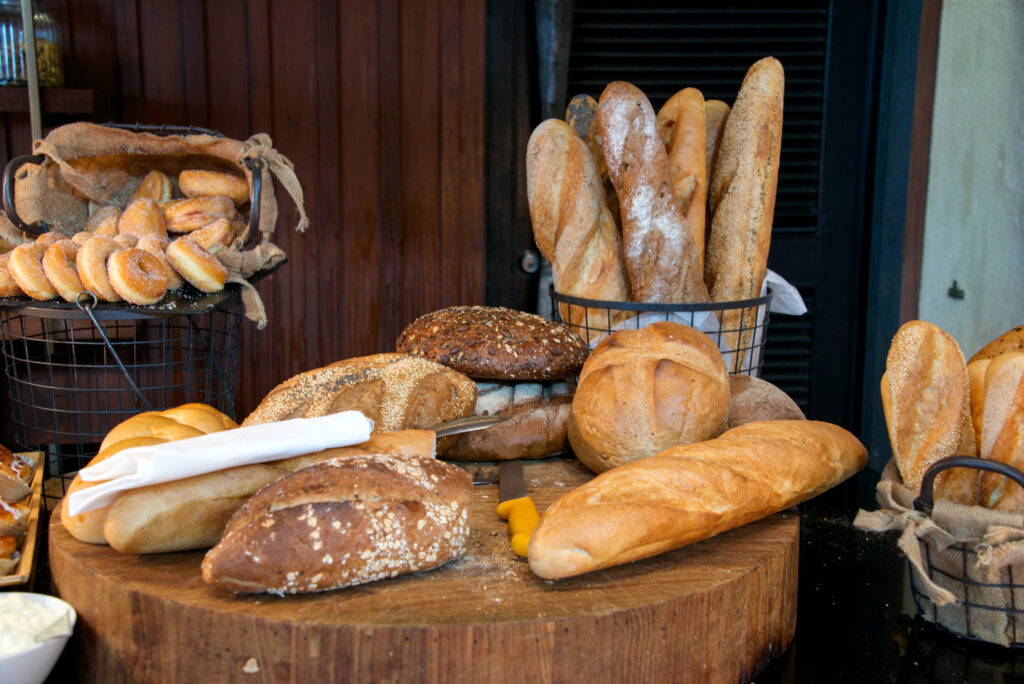
Selling Food From Your Home
There are many reasons to want to sell food from your home and start a cottage food business. Maybe you have a large garden and preserve extra fruits and vegetables each year. Perhaps you bake amazing pies or make homemade jam. Or, maybe you just want to supplement your income by selling a few treats at the farmers’ market each week. Whatever your reason, cottage food laws can provide a great way to legally sell food from your home kitchen.
Starting at this level takes less capital investment upfront. You can build a business at the right size for your budget without investing in fancy kitchen equipment or commercial-level tools. You
By starting in your own kitchen, you can also avoid some of the regulations and red tape that come with starting a larger business. It is still extremely important to follow good business practices and safe food production practices. You may not have to have commercial-level practices in place if you are small enough and your sales remain under a certain limit.
Cottage Food Laws
Cottage food laws are a set of regulations that allow people to produce and sell specific types of foods from their home kitchen. These laws vary by state but typically apply to baked goods, jams and jellies, pickles, and other preserved items.
In some cases, cottage food laws may also include canned fruits and vegetables, cheese, and even meat products.
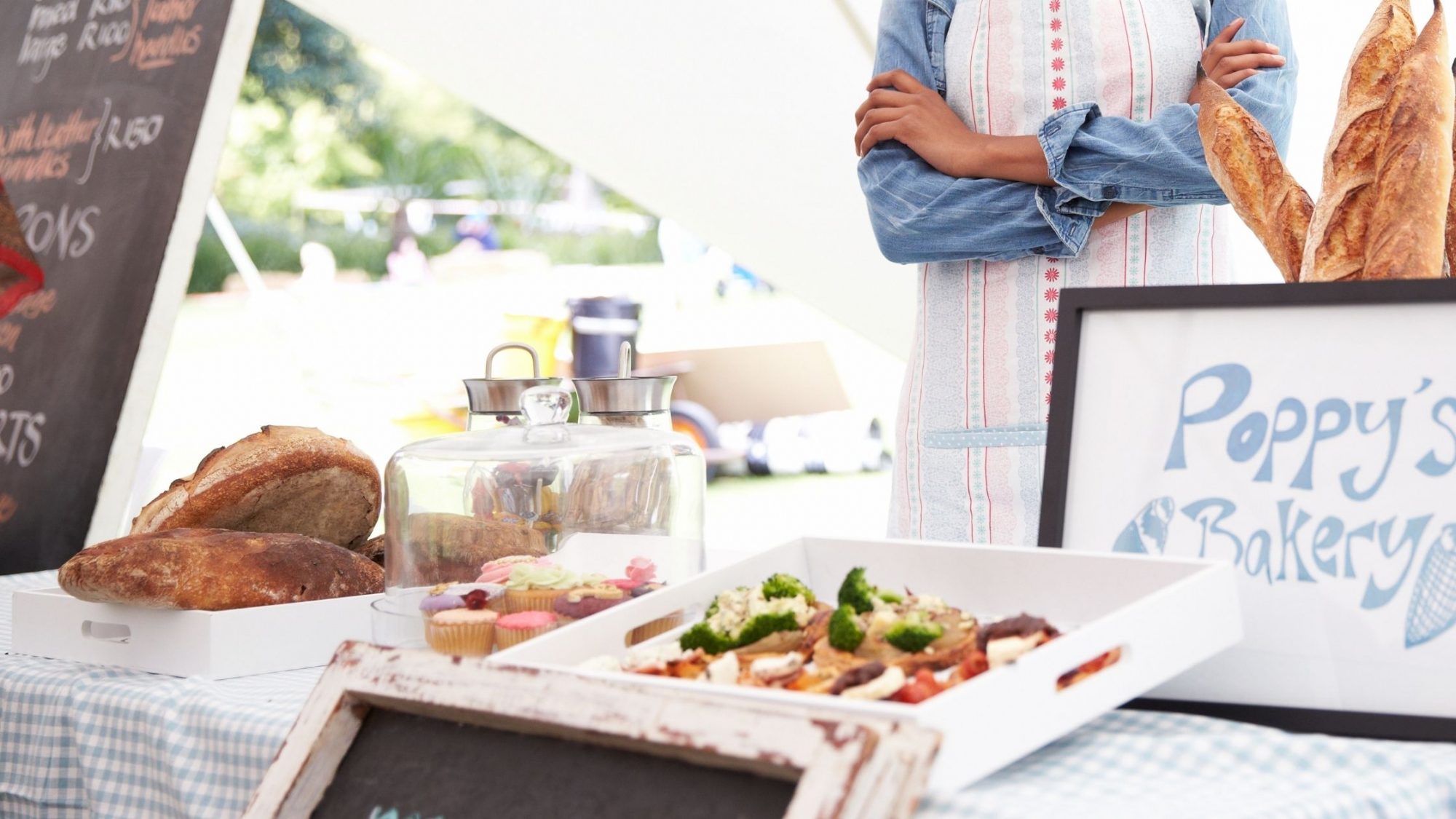
Who do Cottage Food Laws Apply to?
Typically, cottage food laws apply to people who want to produce and sell food on a small scale. This means that you can typically only sell your products to individuals, and not to restaurants or grocery stores. However, it’s important to check the specific regulations in your state to be sure.
In addition, cottage food businesses are usually sole proprietor businesses without employees who work in the kitchen. Once you introduce employees into the equation, you will have to concern yourself with safe working conditions and kitchen regulations.
This also means that you, the business owner, are responsible for producing safe food products and following all regulations. You cannot outsource production to another person or company.
You may also be able to sell your food directly to consumers on Etsy, but be sure to do your research into both Etsy regulations and applicable state regulations before you jump in.
Registering Your Food Business
If you are producing and selling food that falls under cottage food laws, you may not need to register as a business. However, it’s important to check with your state to be sure. In some cases, you may need to complete a simple registration process or receive a license to sell your products.
Food Business Insurance
Another important thing to consider if you’re selling cottage food is insurance. Since you’ll be operating your business from home, it’s important to have liability insurance in case of any accidents or injuries.
You may also want to consider property damage and product liability insurance. Product liability insurance protects you if someone becomes sick from eating your food, and property damage insurance protects your home and belongings in case of any accidents.
Because you are using your home for a business, your insurance agency may need to package your plan differently. Check with your insurance agent to see what types of coverage they recommend for cottage food businesses.
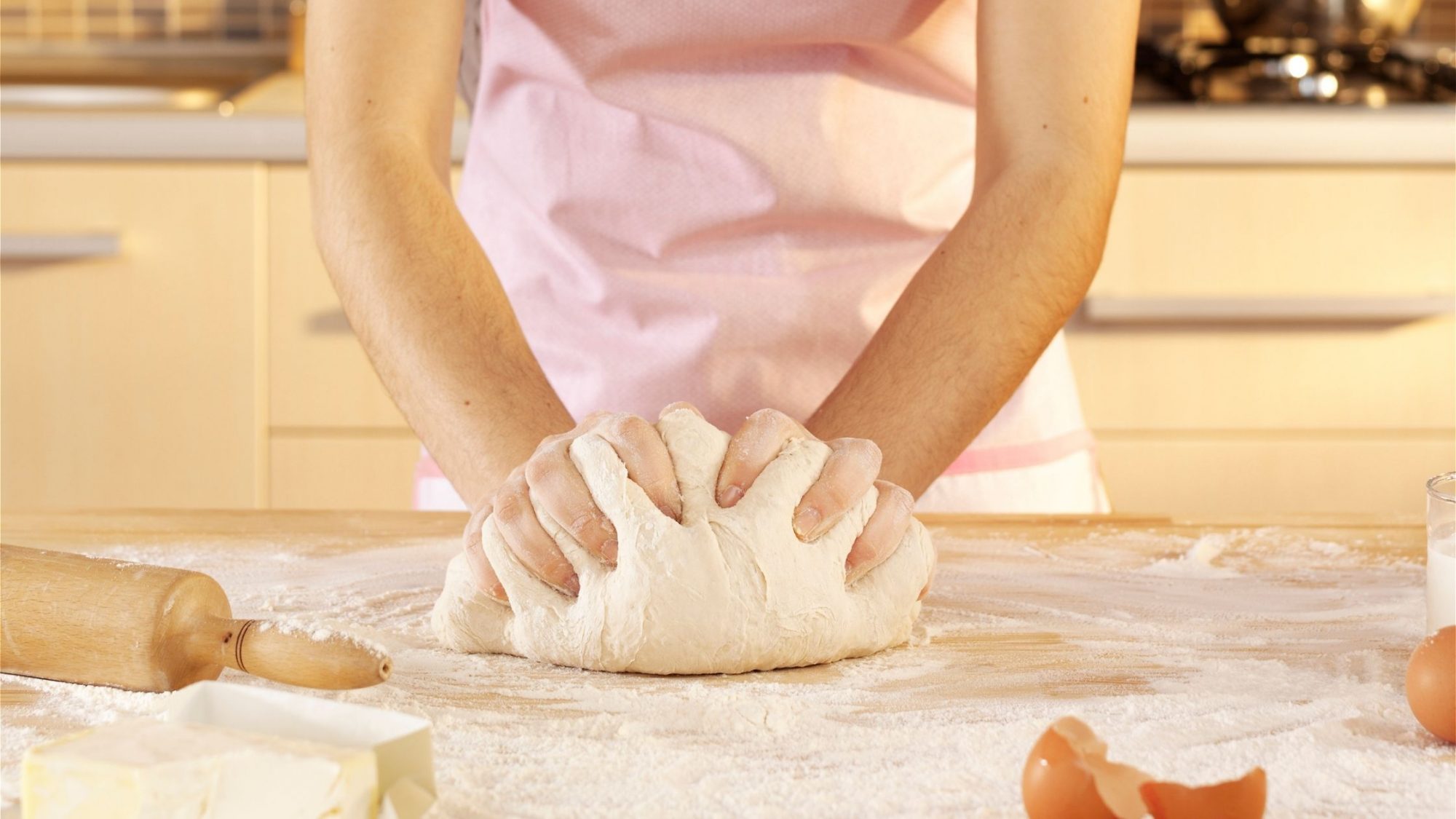
Safe Food Production Practices
Even if you do not need a license to sell food from your home kitchen, you should always follow safe food production practices. This includes cooking food to the proper temperature, using fresh and clean ingredients, and storing food properly (separately from the food that your own family consumes).
You should also have a plan in place for what to do if there is ever a problem with your food, such as if it becomes contaminated. By following these safe food production practices, you can help ensure that your customers remain safe and healthy.
Sample Cottage Food Law: Vermont
The State of Vermont defines “home-based food establishments” as “the production and sale of food that is prepared in a private home for direct, immediate, and personal consumption by the purchaser.”
To sell food as a home-based business in Vermont, you must register with the state. Vermont includes three categories of home-based food establishments:
- Home Caterers
- Home Bakeries
- Home Food Processors
Operating as a caterer requires a license because you are selling prepared foods, but bakeries and small-scale food producers are not required to obtain a license as long as they are selling directly to consumers (not to restaurants). You do, however, have to file an exemption form to show that you fit within these regulations.
In Vermont, you must also follow food labeling laws when selling food from your home.
More information on Vermont’s Regulations
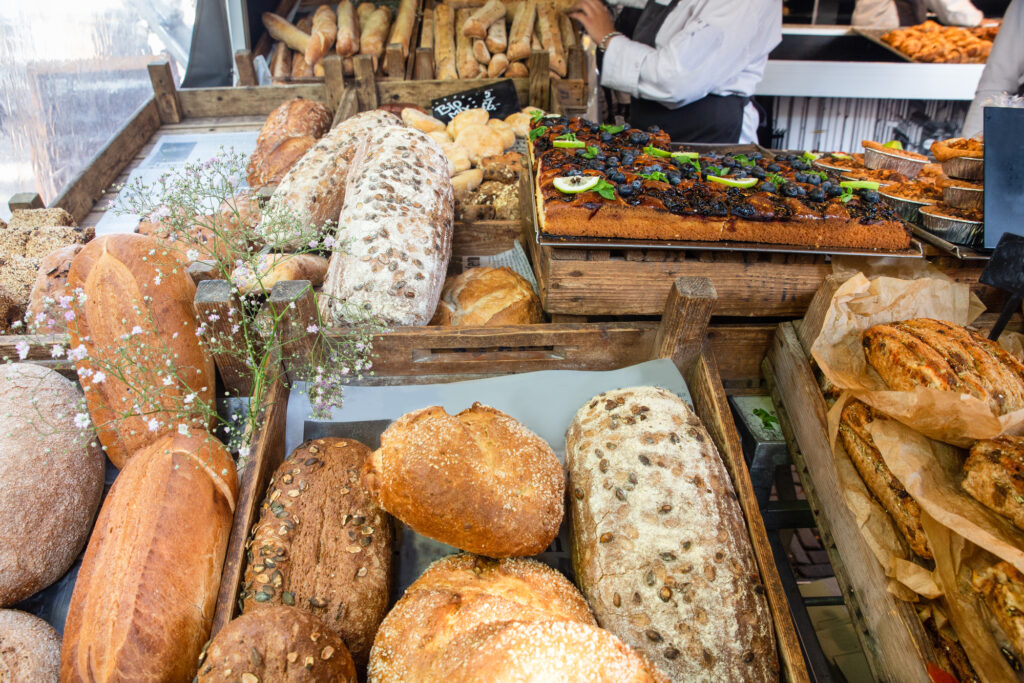
How can I find out more about cottage food laws?
If you’re interested in learning more about cottage food laws, the best place to start is by checking with your State’s Department of Health or Agriculture. They will be able to tell you exactly what types of foods are allowed and provide any other information you need to know.
Once you’ve checked with your state, be sure to also check the cottage food laws in any other states where you plan to sell your products. In some cases, you must follow the regulations for both states. In other cases, you may not be able to sell across state lines.
There is also a website called Cottage Food Laws which covers information about these regulations in general as well as links to state-based informational websites.
Final Thoughts
The looser regulations for cottage food businesses can make it possible for you to take that thing you love making and turn it into an income-generating business for your family. You can get started with a small up-front investment and grow as your income grows. It can also be a fun way to dip your toe into being self-employed.
Just remember – cottage food laws vary from state to state. It’s important to check the specific regulations in your state before you start selling any food products.
Once you’ve done that, be sure to register your cottage food business and get insurance for your home-based business. By following these simple steps, you can be on your way to starting a successful cottage food business.
Carrie Williams Howe is an educational leader by day and an aspiring homesteader by night and weekend. She lives on a small homestead in Vermont with her husband, two children, and a rambunctious border collie. She blogs about her family's homestead life at The Happy Hive.

